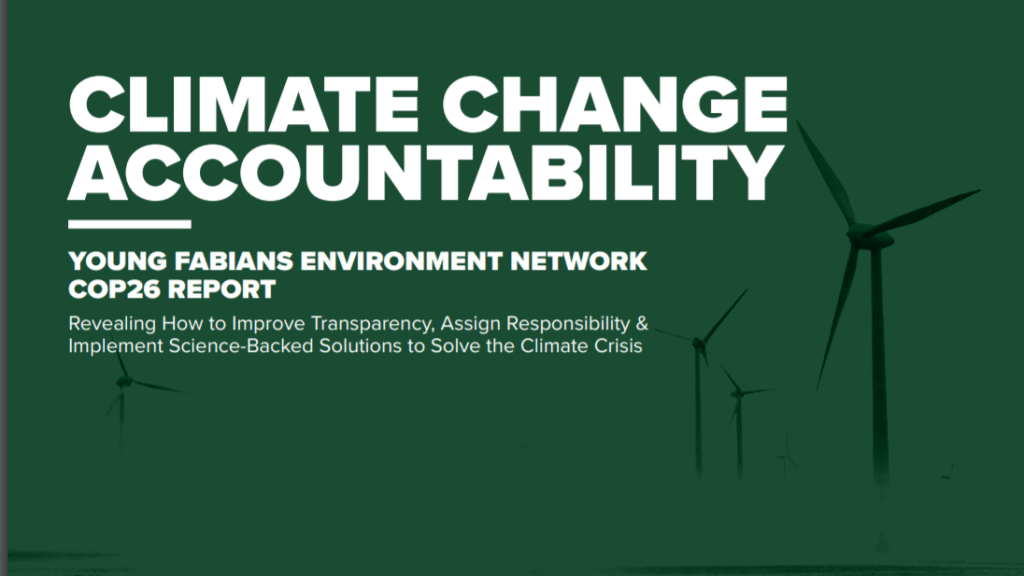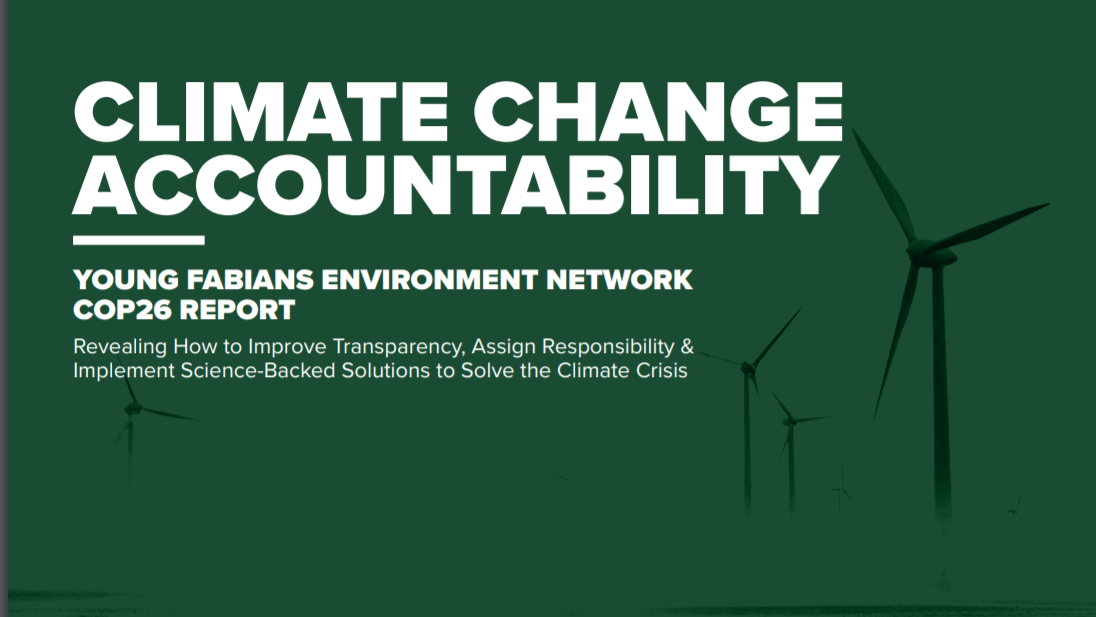Louis Dean
The rise of eco-fascism has led to some of the worst far-right lone wolf terror attacks in recent years. From the Christchurch and El Paso massacres, eco-fascist philosophy has played a key, if not the central, motivation for these attacks.
An often overlooked and unforeseen consequence of the worsening climate crisis is the further radicalising effect it is having among young people on the far-right, giving their xenophobia, racist and fascist beliefs a greater ecological impetus. Consequently, this is proving to have horrendous real world consequences for people of colour, ethnic and religious minorities who are the target of these eco-fascist terror attacks.
Thus, this article calls for governments at COP26 to realise how decades of ineffective climate change measures has led to the growth of this ideology. It is therefore imperative that governments take accountability for the consequences of previous inaction by pursuing an international effort to halt eco-fascist radicalisation.

This collective effort must take the form of targeted action against fascist networks on social media, which has become the primary facilitator of far-right radicalisation. With current social media platforms all too easily allowing eco-fascists to communicate, disseminate propaganda and radicalise others. Therefore the article calls for governments at COP26 to embrace;
- An international multilateral effort to pursue online global fascist networks on social media sites.
- The mass use of human social media moderators, native to their country, to better understand the language and subtleties of fascist networks in particular cultural settings.
- Comprehensive training programmes for moderators in fascist symbolism, language and imagery, delivered by experts in contemporary fascism, communication and linguistics, namely academics, civil and human rights organisations.
- Greater use of technology such as ‘hash tech’ to quickly identify and eliminate fascist imagery and memes.
- Application to all social media platforms, to ensure there is no safe space for fascists.
This article features in the Young Fabians Environment Network’s Cop26 Report, titled ‘Climate Change Accountability’. The Young Fabians Environment Network is the environmental youth wing of the Fabian Society, a socialist think tank established in 1884, which is affiliated with the UK Labour party. The report features articles written by members concerning ways to improve transparency, responsibility and accountability at the next COP26 UN climate change conference in Glasgow, in an effort to help solve the climate crisis. A link to the article, and a full report can be found here.


